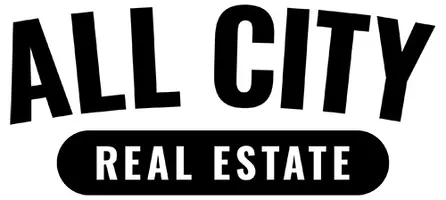
Who Pays the Closing Costs in a Real Estate Transaction?
Who Pays the Closing Costs in a Real Estate Transaction? What are Closing Costs? Inspection and appraisal fees to attorney's fees, title insurance premiums, recording fees, transfer taxes and more. Depending on your state laws and regulations, some of these may be required while others may be nego

What is a 2-1 Buy Down?
A 2-1 buy down is an option for home buyers to take advantage of lower mortgage rates. The idea behind this type of loan is that the borrower pays a certain amount at closing in exchange for a lower interest rate over the first two years of their loan. This allows you to secure a lower payment init

The Benefits of a Homestead Tax Exemption
The Benefits of a Homestead Tax Exemption If you are buying a home, you may have heard of the homestead tax exemption. This is an important form of property tax relief that can help reduce your tax liability and save you money. But what exactly is a homestead tax exemption? Let’s take a closer loo
Categories
Recent Posts










